Banks in the U.K. assess China’s risks after being stung by Russian sanctions. According to a senior financial source who spoke to Reuters, big banks in Britain are prepared for any potential escalation of Western sanctions on China and have shared their “scenario planning” with the British and American governments.
According to Neil Whiley, director of sanctions at lobbying organization U.K. Finance, the initiative entails discussing the potential effects of any penalties placed on China and sharing lessons learnt from other sanctions systems, notably those on Russia.
According to seven sources in the financial sector, banking institutions are creating backup plans in case geopolitical tensions between the West and China worsen after many businesses were caught off guard by the pace and scope of the sanctions on Russia. They did not anticipate penalties to alter soon.
The research by U.K. Finance, which represents over 300 companies, including HSBC (HSBA.L), Barclays (BARC.L), and JPMorgan (JPM.N), looks at how readily Chinese goods can be tracked as well as the transparency of asset ownership and control, according to Whiley.
It also focuses on the breadth of Western and Chinese business relationships across industries, particularly supply chains in risky fields like technology. It strives to draw attention to policies that can backfire if implemented in China.
The work has been done amid Western and Chinese tensions over Taiwan’s status, which Beijing claims, expanding export restrictions, allegations of Chinese espionage, and a security crackdown by Beijing on businesses. According to Whiley, U.K. Finance called biweekly meetings of major British and foreign banks over months before drafting a paper with tens of thousands of words. The paper was not accessible to Reuters.
The document was finished in August and recently distributed to contacts in Western administration, according to him. Requests for a response from the United States Treasury Department, which oversees the Office of Financial Sanctions Implementation, the British Foreign Office, and Barclays went unanswered. JPMorgan chose not to respond.
Because they were not authorized to talk publicly, three top bankers in London who declined to be identified claimed their boards had addressed the likelihood of future, more stringent Western penalties against China.
A lawyer who counsels banks stated that scenarios ranging from significant cyberattacks to military involvement in Taiwan might lead to more restrictions on China. According to a security expert who wished to remain unnamed, “the biggest financial institutions are… assessing whether the exposure they have (to China) is tolerable given a pessimistic direction of travel for geopolitics.”
ASSESSING RISKS
The extraordinary sanctions imposed on Russia after its full-scale invasion of Ukraine, which made it difficult for certain businesses to transfer assets out of the country or quit positions, have contributed to the preparations.
One of the bankers claimed that the sanctions on Russia had “removed naivety” among firms and forced them to consider the risks associated with China more carefully.
Before a meeting between Chinese President Xi Jinping and U.S. President Joe Biden next month, communication between government officials from the two countries has improved in recent months.
The second-largest economy in the world, China, continues to be crucial to Western supply chains. According to Chinese customs data, the trade gap between the European Union and China increased from $208.4 billion to $276.6 billion in 2022.
China and British finance have a tight relationship. Because HSBC and Standard Chartered generate most of their revenues in Asia, they are compelled to operate on both sides of geopolitical faultlines.
Standard Chartered and HSBC declined to comment.
INCREASE IN CALLS
Whiley said that the U.K. Finance initiative did not represent expectations or demands for more sanctions and was instead intended to be a component of industry-wide “horizon-scanning” to evaluate possible dangers across various jurisdictions.
Financial institutions are aware of the hazards, though. Another banker who works for a bank with operations in Asia claimed that the bank’s board was preparing for increased tensions between China and Taiwan and possible financial market repercussions, such as currency and equity movements. As worries about a potential military response by China rise, certain insurers, including Lloyd’s of London underwriters, have increased prices and reduced coverage for risks involving Taiwan. Reuters exclusively revealed this in August.
In light of this, four attorneys in London reported a spike in inquiries from financial clients looking for advice on China, ranging from risk assessment and compliance with penalties to how to handle any investigations or enforcement. One attorney, who wished to remain anonymous, claimed that there was such a high demand for help that his company organized its first client-only lecture on Russia, China, and how geopolitics influenced sanctions and compliance last month.
Companies “will… want to make sure that they have robust sanctions provisions in their contracts and agreements for long-term engagements with Chinese entities,” said Leigh Hansson, a Reed Smith lawyer with offices in London and Washington. Lawyers said that the aggressive U.S.-steered approach to the semiconductor and technology industries and talks of foreign policy are contributing to banks’ fears.
To prevent Beijing from having access to cutting-edge technology that can accelerate military breakthroughs or human rights violations, the Biden administration has limited chip shipments to China. In response, China leveled charges of economic coercion.
One attorney stated that he did not anticipate a recurrence of the Russian response and that “commercial reality” would not influence China-related foreign policy decisions.
“(Any sanctions) will be very much targeted at specific companies, products and services,” the attorney added.



















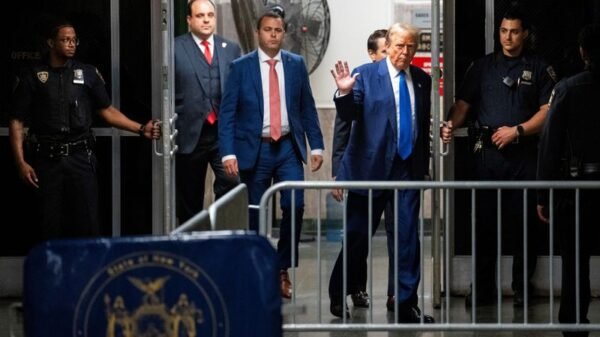
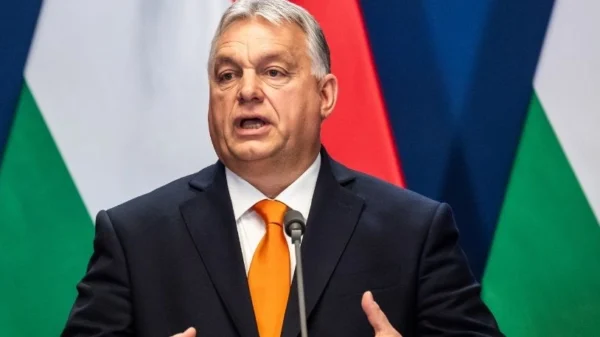




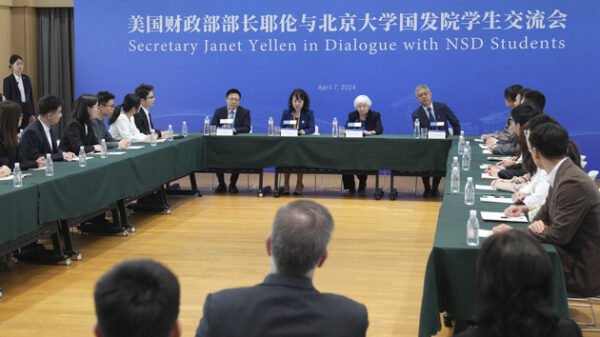
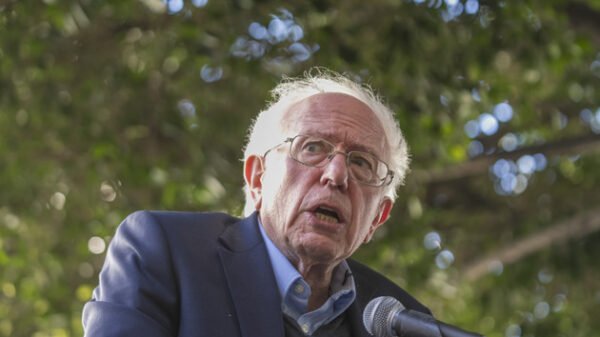

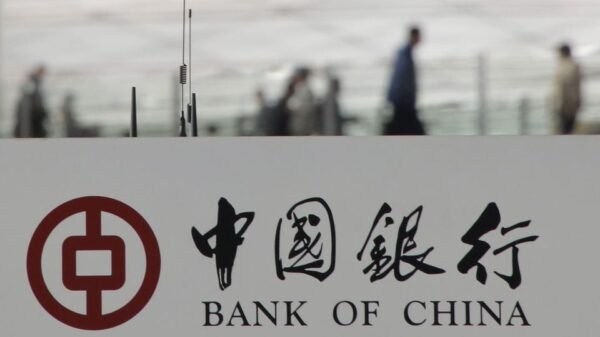


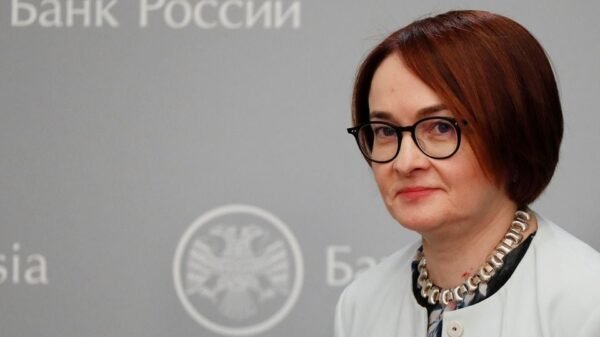






























Comment Template